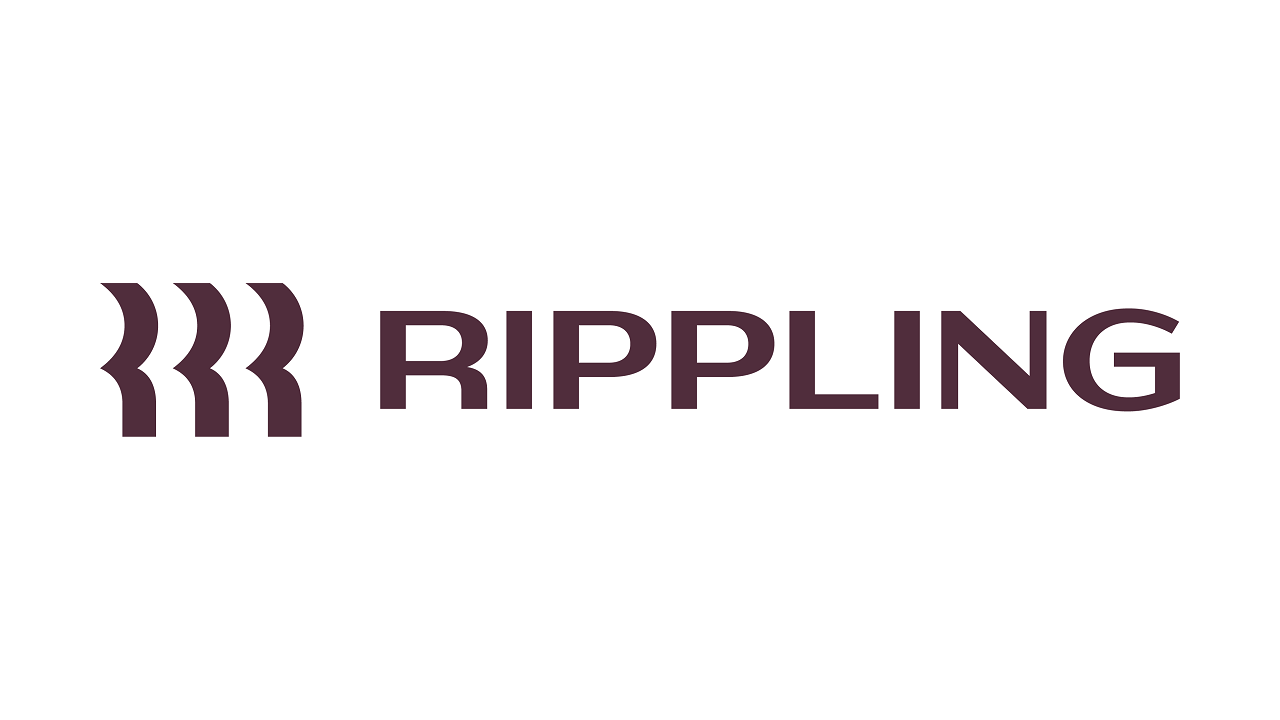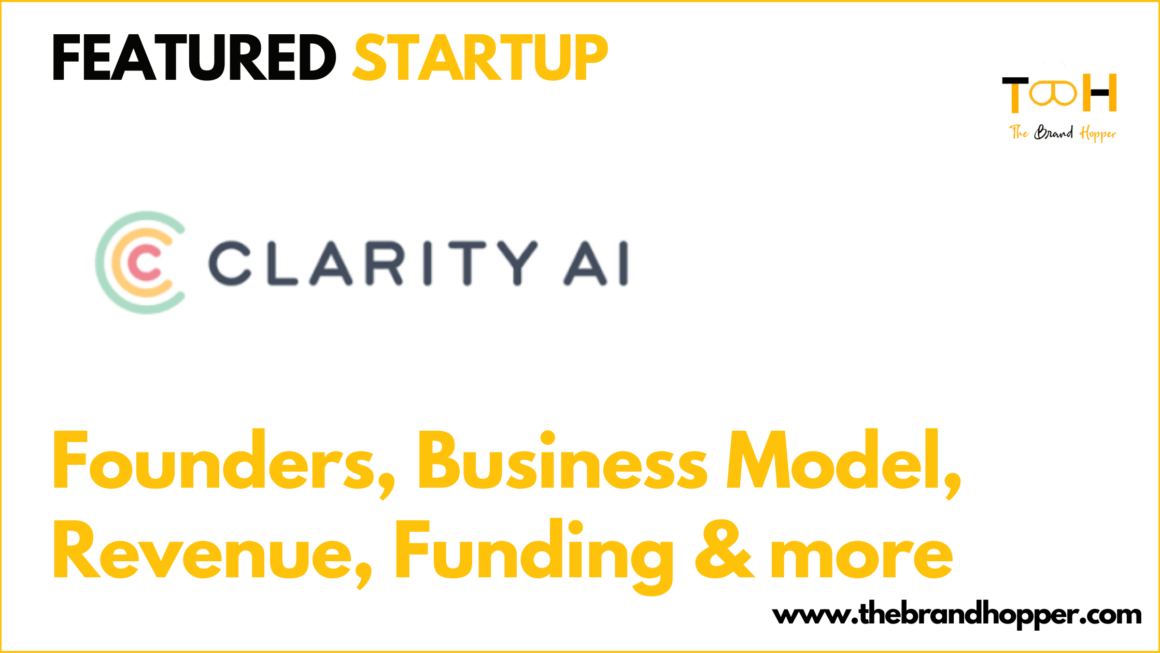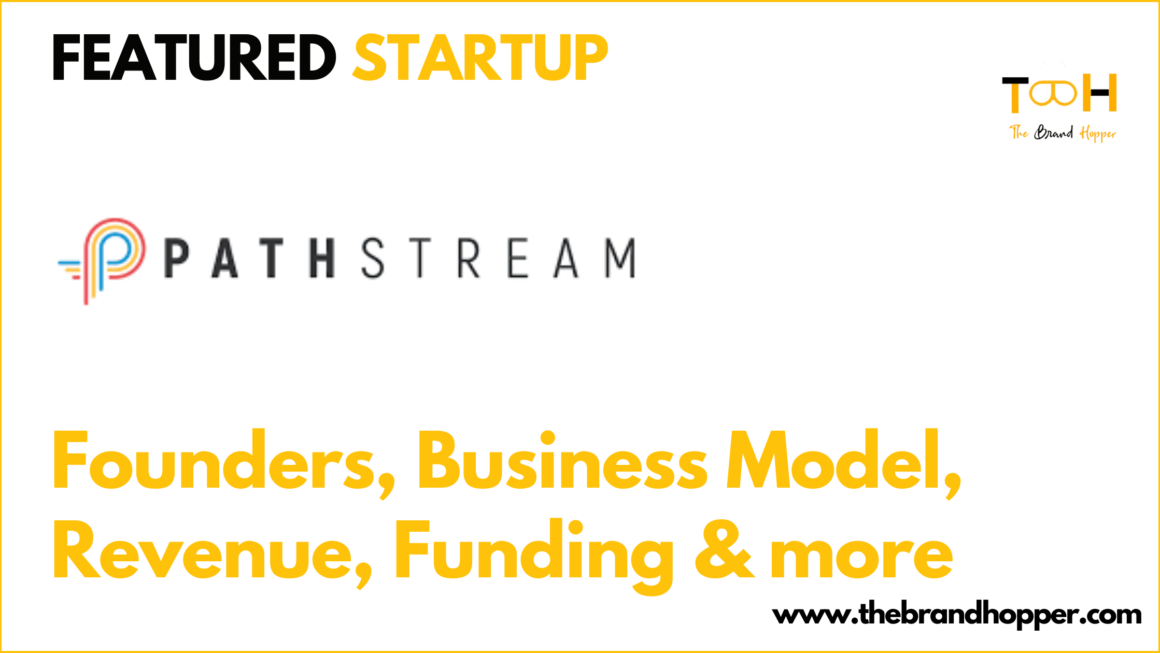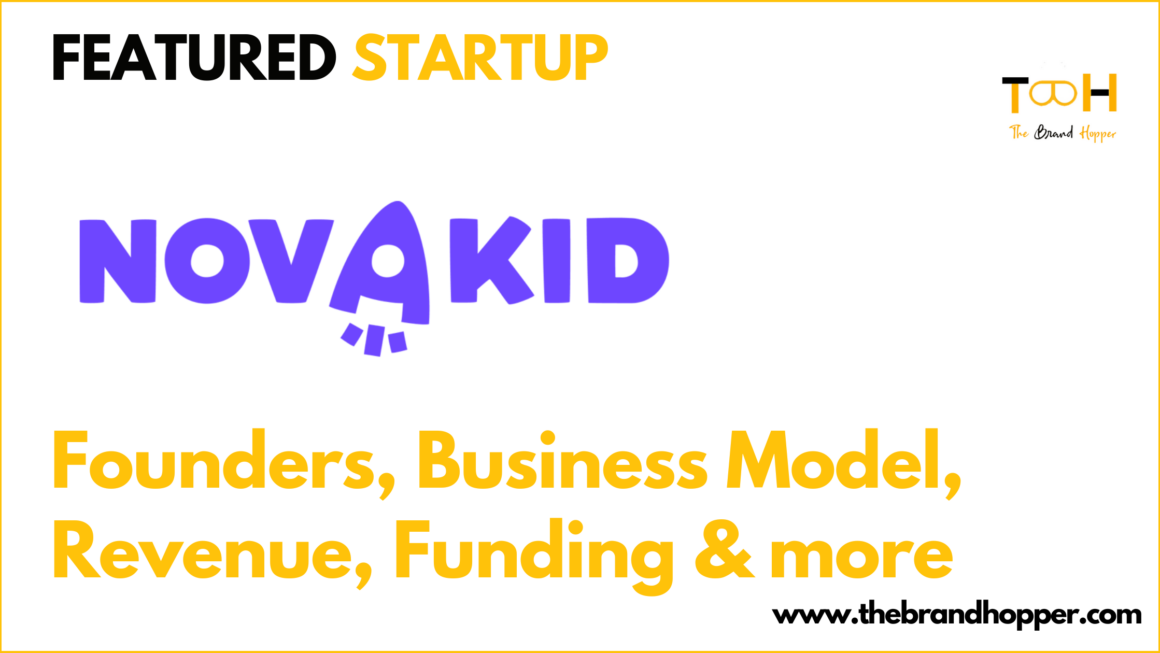Rippling is a game-changing startup that is revolutionizing the way businesses manage their employee data and benefits. Founded in 2016 by Parker Conrad, Rippling has quickly become one of the most talked-about startups in the HR tech space. With its innovative approach to employee onboarding, benefits administration, and compliance, Rippling is helping businesses streamline their HR processes, reduce costs, and improve the overall employee experience.
At its core, Rippling is a cloud-based platform that integrates with a company’s existing HR systems, allowing employees to easily access and manage their personal information, benefits, and other important documents. The platform also provides a seamless way for employers to manage the entire employee lifecycle, from hiring and onboarding to performance management and termination.
One of the key features that sets Rippling apart from other HR tech solutions is its use of “ripples,” which are small, bite-sized pieces of information that are shared between different parts of the platform. This allows for real-time updates and notifications, ensuring that all stakeholders have access to the most up-to-date information. For example, when an employee updates their address, this change will automatically ripple through the system, updating their benefits information, payroll, and other relevant records.
Another major benefit of Rippling is its ability to automate many of the tedious tasks associated with HR, such as paperwork, compliance, and reporting. By leveraging machine learning algorithms and natural language processing, Rippling can help businesses save time and resources, while also reducing errors and improving accuracy.
In addition to its comprehensive HR capabilities, Rippling also offers a range of benefits services, including health insurance, retirement plans, and commuter benefits. These services are fully integrated into the platform, making it easy for employees to enroll, manage, and track their benefits in one place.
Since its launch, Rippling has gained significant traction among businesses of all sizes, from small startups to large enterprises. Its client roster includes well-known brands such as Slack, SurveyMonkey, and OpenTable, and the company continues to grow rapidly. In fact, in 2023, Rippling closed a $500 million funding round led by investors like Greenoaks and Unanimous Capital, bringing its total valuation to over $11.25 billion.
With its cutting-edge technology, user-friendly interface, and commitment to customer success, Rippling is poised to continue disrupting the HR tech industry for years to come. As more and more businesses look for ways to streamline their operations and improve the employee experience, Rippling is sure to be at the forefront of this trend.
Founders of Rippling
Rippling is a startup founded by Parker Conrad, who also serves as the CEO of the company. Conrad brings extensive experience and expertise in the fields of human resources, technology, and entrepreneurship to his roles at Rippling.

Conrad co-founded Rippling in 2016 after serving as the Chief Executive Officer of Zenefits, a human resources software company he founded in 2013. Under his leadership, Zenefits grew rapidly and became one of the most successful SaaS companies in the Bay Area, with over 1,000 employees and a valuation of over $4.5 billion. However, Conrad resigned from Zenefits in 2016 following compliance issues related to the company’s licensing practices.
After leaving Zenefits, Conrad took some time off to reflect on what he wanted to do next. He realized that he still had a passion for building products that could make a difference in people’s lives, particularly in the HR and benefits space. This led him to co-found Rippling, where he could apply his learnings from Zenefits and create a better, more modern HR platform.
As CEO of Rippling, Conrad focuses on product strategy, engineering, and design. He has been instrumental in developing the company’s vision and product roadmap, as well as building and managing the team. His experience in the HR tech space has helped Rippling create a platform that truly meets the needs of both HR professionals and employees.
Business Model of Rippling – How does Rippling make money?
Rippling offers a suite of tools and services designed to simplify employee data management, benefits administration, and compliance for businesses.
Subscription-based model:
The company’s subscription-based model allows customers to pay a monthly or annual fee per employee, depending on the number of employees, level of customization, and additional features required.
Rippling’s subscription plan charges businesses a monthly fee for each employee, starting at $8 per month. The price may vary depending on the package a business chooses or any additional services or features it may need.
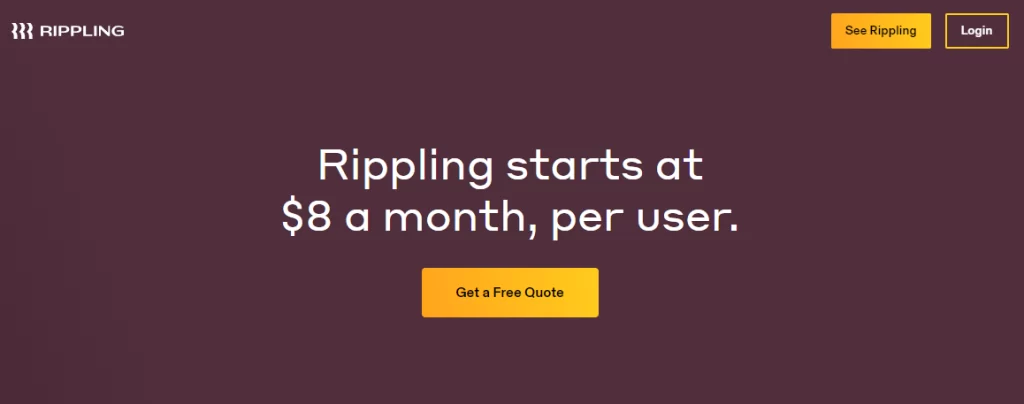
Rippling offers four packages, including a basic SaaS package that costs $35 per month plus $8 per employee per month. The basic package includes a workforce management platform, employee onboarding and offboarding, payroll, time tracking, and integrations. Other components like benefits and IT SaaS are sold as modular bolt-ons.
Rippling’s two major platforms are the Employee Management platform and the IT Management platform. Each platform has unique plans based on the number of users.
Core HR functionality
Rippling is a cloud-based platform that offers a range of HR, IT, and operations services for businesses. It provides 11 core HR products, including:
- Full service payroll
- Time and attendance
- Benefits administration
- Flex benefits
- Applicant tracking
- Learning management
- HR support
- PEO services
Rippling’s platform is designed to streamline and automate administrative tasks, such as: Employee onboarding, Payroll, Benefits administration, Device management, IT security.
Rippling’s core functionalities include:
- Recruitment and onboarding
- Automated employee onboarding
- Direct management of employee devices
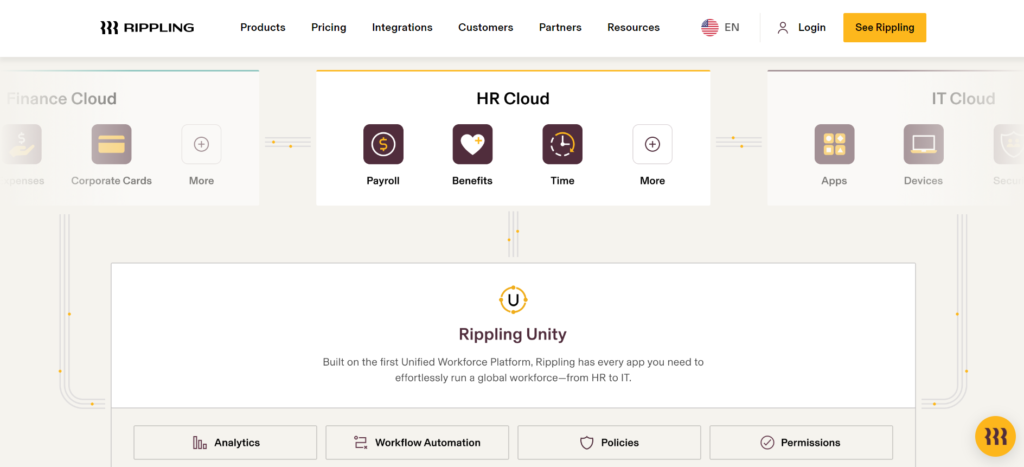
Rippling’s Unity Workflow Automator is a “no-code” system that lets users create custom triggers to kick off automated system actions. For example, users can create a workflow to automatically detect and notify HR of potential pay inequity.
To help businesses transition smoothly onto the platform, Rippling offers implementation services, which include data migration, configuration, and setup. The company’s implementation team works closely with customers to understand their specific needs and tailor the platform accordingly. Additionally, Rippling provides dedicated customer support to its clients, offering assistance, guidance, and training to ensure they get the most out of the platform.
Integrations
Rippling is a workforce management system that integrates with 350+ apps to act as a system of record for employee identities. Rippling’s integrations include:
Google Drive, Google Docs, PayPal, Slack, Gmail, Google Workspace, Trello, Dropbox Business.
Rippling’s integrations allow it to:
- Propagate changes to employee identities to other apps
- Automate processes across systems
- Recommend third-party offerings
- Integrate with companies like Brex and Ramp
- Provide integrated solutions with companies like Robin
Rippling’s core platform, Rippling Unity, connects IT systems to a single source of employee data. This allows users to orchestrate actions across all systems from Rippling.
By focusing on customer satisfaction, continuous innovation, and strategic partnerships, Rippling aims to establish itself as a leading provider of HR solutions for businesses of all sizes.
Valuation of Rippling
As of 2024, Rippling’s valuation is $11.2 billion. This valuation was set in a $500 million funding round led by Greenoaks Capital.
In May 2022, Rippling raised $250 million in Series D funding, which also valued the company at $11.25 billion.
Rippling is a San Francisco-based HR tech startup. In 2023, the company had a revenue of $230 million and a funding of $1.2 billion.
Funding and Investors of Rippling
Rippling has raised $1.2 billion in funding over eight rounds. The company’s latest funding round was a $500 million Series E round on March 17, 2023, led by Greenoaks. This round values the company at $11.25 billion.
Rippling’s investors include:
Kleiner Perkins, Founders Fund, Sequoia, Bedrock, Sparkland Capital, FundersClub, Wei Guo, Benjamin Ling, DHVC (Danhua Capital, NewDo Venture, Lee Linden, UpHonest Capital.
Rippling’s platform allows users to manage employee payroll, benefits, training, devices, and apps.
Growth and Growth Factors of Rippling
Rippling has emerged as a force to be reckoned with in the HRIS space, consistently demonstrating impressive growth. Several key factors orchestrate this growth symphony:
1. Employee-Centricity: Rippling prioritizes the employee experience, ensuring a smooth and streamlined journey from onboarding to offboarding. They champion integrations with popular tools like Slack and Teams, making work life more seamless and connected. Additionally, their customizable pricing structure caters to diverse company needs, striking a chord with both startups and established organizations.
2. The Workforce Management: Rippling transcends payroll and benefits, offering a holistic workforce management suite. Companies can centralize hiring, pay, and talent management in one platform, creating a unified workplace symphony. This simplifies HR processes, boosts productivity, and empowers employees, contributing to overall business growth.
3. Amplifying the Growth: Rippling doesn’t rely solely on organic growth. They actively reach out to potential customers through targeted outbound efforts and effective messaging. They understand the importance of communicating their value proposition clearly and resonating with their target audience.
However, the competitive landscape demands constant innovation. Giants like Gusto, Workday, Zenefits, and ADP add complexity to the melody. To maintain its rapid growth, Rippling must continue to differentiate itself through superior user experience, strategic partnerships, and continuous product development. By perfecting their growth tactics and keeping the employee at the heart of their offering, Rippling can keep the music playing and solidify its position as a leading HRIS solution.
Competitors of Rippling
Rippling has several competitors, including:
Gusto
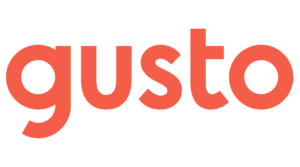
Gusto and Rippling are both cloud-based HR and payroll software solutions that are built to help streamline your business finances and assist in employee management. Both offer similar features such as payroll processing, benefits administration, onboarding tools, and time tracking. However, there are some key differences between the two platforms that may make one a better fit for your business than the other.
Gusto is a good option for businesses that are looking for an affordable and easy-to-use HR solution. It offers four affordable plans that let you efficiently run payroll as often as you want. Gusto also has a user-friendly interface and offers live chat and email customer support. However, Gusto may not be the best option for businesses that need more advanced HR features or customization options.
Rippling is a good option for businesses that are looking for a more comprehensive and customizable HR solution. It offers a wide range of features, including an ATS, payroll software, and a PEO service option. Rippling is also highly customizable, making it an excellent solution for businesses that need a flexible or unique HR management system. However, Rippling can be more expensive than Gusto and it may require more time and effort to set up and use.
Overall, both Gusto and Rippling are good options for businesses that are looking for a cloud-based HR and payroll solution. However, the best platform for your business will depend on your specific needs and budget. If you are looking for an affordable and easy-to-use solution, Gusto may be a good option. If you are looking for a more comprehensive and customizable solution, Rippling may be a better choice.
Also Read: Gusto – Success Story, History, Business Model, Growth, Competitors, Funding & Future
Workday HCM
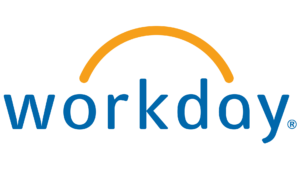
Workday HCM and Rippling are two leading enterprise HR software solutions. Both platforms offer a variety of HR software options, but they cater to different business sizes and industries.
Workday is a more comprehensive suite that targets larger enterprises with more complex HR needs. It offers a wide range of features, including payroll, benefits, HR and employee data, talent management, and performance evaluations. Workday is also known for its robust reporting and analytics capabilities, which allow HR and business leaders to gain insights into workforce data.
Rippling is a streamlined and simplified solution for small and mid-sized businesses. It offers a variety of core HR features, including payroll, benefits, time tracking, and onboarding. Rippling is also known for its intuitive design and user-friendly interface.
Here is a table that summarizes the key differences between Workday HCM and Rippling:
|
Feature
|
Workday HCM
|
Rippling
|
|---|---|---|
|
Target market
|
Large enterprises
|
Small and mid-sized businesses
|
|
Software offerings
|
Comprehensive suite of HR software
|
Streamlined and simplified solution
|
|
Strengths
|
Robust reporting and analytics capabilities
|
Intuitive design and user-friendly interface
|
|
Weaknesses
|
Can be expensive
|
Limited features
|
Ultimately, the right choice between Workday HCM and Rippling depends on a business’s specific HR software needs and budget.
UKG Pro

UKG Pro and Rippling are both human capital management (HCM) software solutions that offer a wide range of features, including payroll, benefits administration, time and attendance tracking, and talent management. Both solutions are cloud-based and can be accessed from anywhere with an internet connection.
One of the key differences between UKG Pro and Rippling is their target market. UKG Pro is designed for medium- to large-sized businesses, while Rippling is a good fit for businesses of all sizes. UKG Pro offers a more comprehensive set of features, while Rippling is more affordable and easier to use.
Another key difference is their integration capabilities. UKG Pro integrates with a wide range of third-party software, while Rippling has a more limited selection of integrations. However, Rippling offers a unique feature called “Rippling Connect” that allows users to connect their own custom software to Rippling.
Overall, UKG Pro and Rippling are both powerful HCM solutions that can help businesses of all sizes manage their workforce. The best solution for a particular business will depend on its specific needs and budget.
Paycor
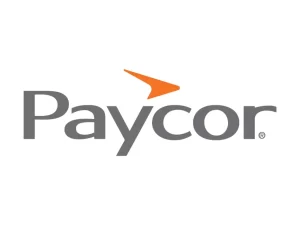
Paycor and Rippling are both human capital management (HCM) software solutions that offer a range of features to help businesses manage their employees. However, there are some key differences between the two platforms.
Paycor is a more comprehensive HCM solution, offering a wider range of features and functionality than Rippling. For example, Paycor offers a time and attendance module, while Rippling does not. Paycor also offers more robust reporting and analytics features than Rippling. However, Rippling is a more user-friendly platform than Paycor, and it is also more affordable.
Overall, Paycor is a better choice for businesses that need a comprehensive HCM solution with a wide range of features and functionality. Rippling is a better choice for businesses that are looking for a user-friendly and affordable HCM solution.
Zenefits
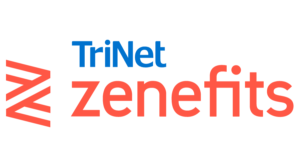
Zenefits and Rippling are two of the most popular HR platforms on the market. Both platforms offer a wide range of features, including employee recruitment, onboarding, payroll, time management, benefits administration, compliance and risk management, and workforce analytics.
One of the key differences between Zenefits and Rippling is their international presence. Rippling’s payroll tool is available in more than 50 countries, and it offers both PEO and EOR services for companies that need hiring support. Zenefits, on the other hand, only supports U.S.-based payroll.
Another key difference is the reporting capabilities of each platform. Rippling enables users to view data their way, with its powerful custom reporting tool, allowing them to visualize any data housed in the platform. Zenefits only offers only a limited number of available reports, without giving users the option to build their own.
Overall, Zenefits and Rippling are both excellent HR platforms that can handle a wide range of HR functions. The best platform for you will depend on your specific needs and requirements.
Other competitors of Rippling include: Paylocity, Paychex Flex, isolved, Ceridian Dayforce, Justworks.
Also Read: SoundHound – Founders, Business Model, Valuation, Competitors
To read more content like this, subscribe to our newsletter

